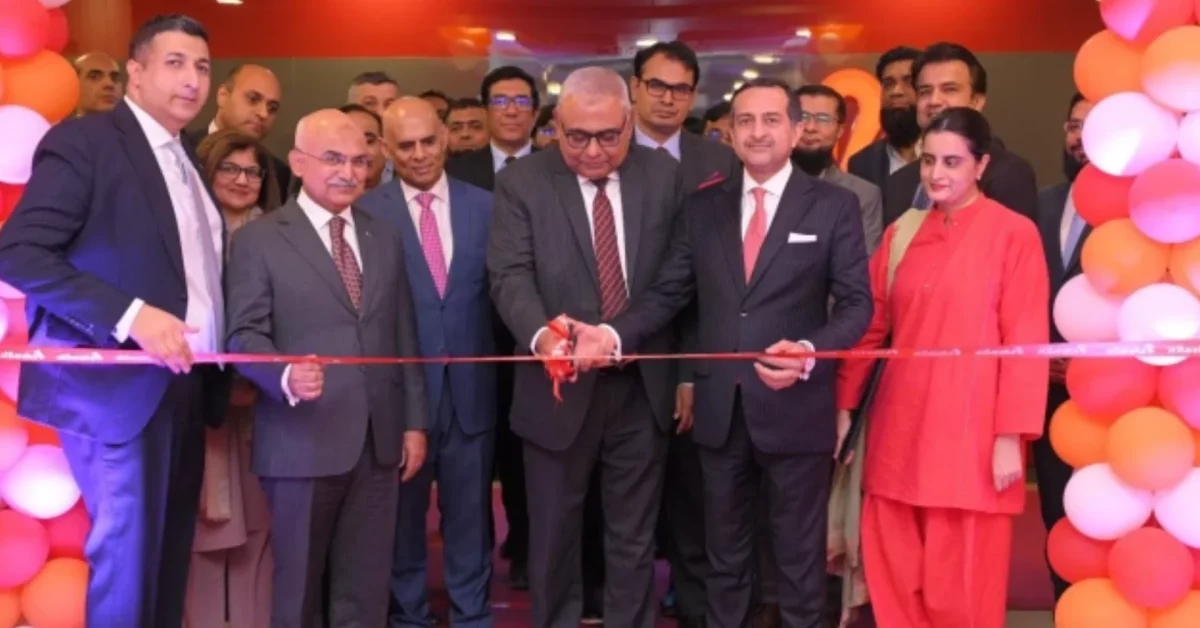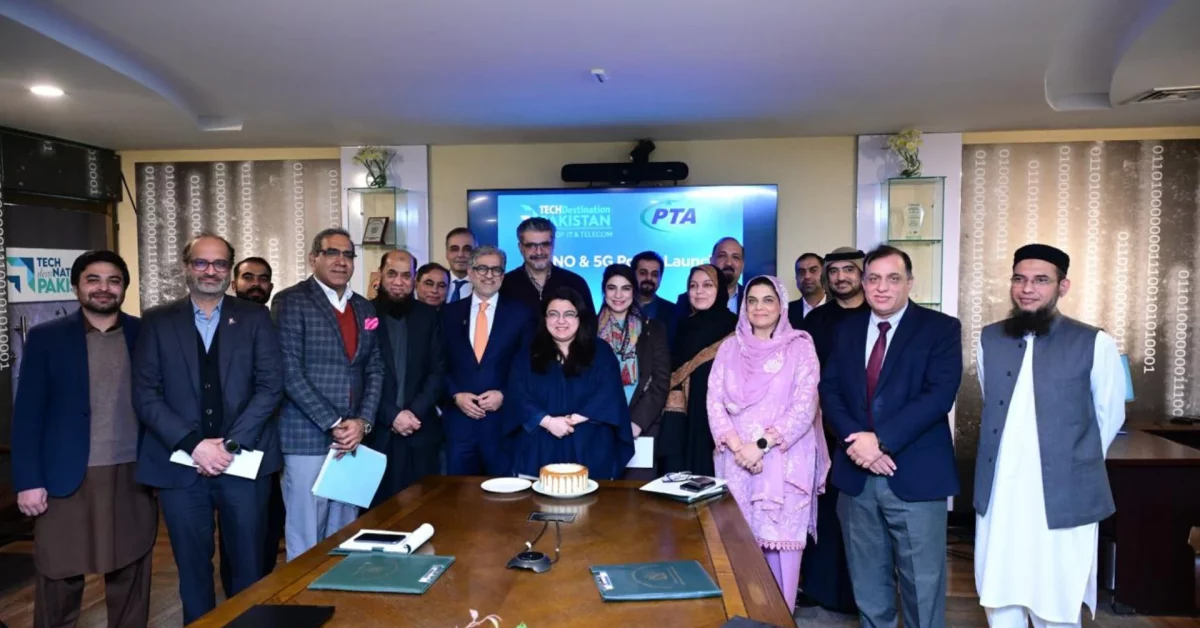
Factors Hindering E-Money in Pakistan
July 1, 2023
What if Cryptocurrency was Legal in Pakistan?
July 3, 2023Digitalization and Jamhuriyat, the Solution to Elections?
Unless a person has been living under a rock, they might know what has been transpiring in the political arena of Pakistan. The national assembly, via a majority vote, has rejected the provision of more than Rs 21 billion to the Election Commission of Pakistan (ECP). The funds were to be used for conducting elections in Punjab and Khyber Pakhtunkhwa (KPK).
While the nature of this development could both be fiscal and political, it does raise concerns over the election process. The fact that the democratic functioning of the country could be easily curtailed is a grave concern. This state of affairs has to be changed, and I have a rough idea of how we could do it.
Let’s envision an application called “Jamhuriyat”. To access it, one has to enter their Computerized National Identity Card (CNIC) details. After a one-time password verification, the account is created. The application can only be used on one device and multiple identities cannot be created. The application is available on all sorts of devices, free of cost.
Once the account is created, the user can access all sorts of information regarding the country, ranging from incumbent governments, political parties, budgets and the user’s constituency. Furthermore, the user, if head of the family, can enter their family data in order to be counted in the census.
Until this point, it might seem as if the idea is outdated, with Free and Fair Election Network (FAFEN) already providing the political information and Pakistan’s first digital consensus being completed. However, here comes the difference. When elections are being conducted, voters will not have to go to the polling booths. Instead, they can log into Jamhuriyat on their device, open the elections panel and, if they are eligible, vote on any one candidate of their preference. After a verification via the fingerprint sensor or the front camera, the vote is recorded. After the votes are cast, the user can no longer access the voting section. However, the user shall be able to see the live standings in all constituencies as well as the winners.
While the idea truly seems fanatical, it is the need of the hour. Not only shall it eliminate long lines in polling booths, it shall save precious lives that are lost during election violence. Moreover, the afore-mentioned fund issues shall be averted as well, as funds required for ballot papers, security etc. shall be eliminated. Paper shall be saved and the historic claims of vote-rigging shall be made redundant.
Obviously, there are many hindrances. The intellect required to create such an application is absent, and hacking threats remain persistent. Not everyone has a smartphone yet either. Even in the most advanced of countries this system is absent, meaning that the step is truly a huge one to take.
Regardless, one should believe and hope that someday and somehow this application shall be created, allowing for our country to truly become a “Jamhuriyat”.






